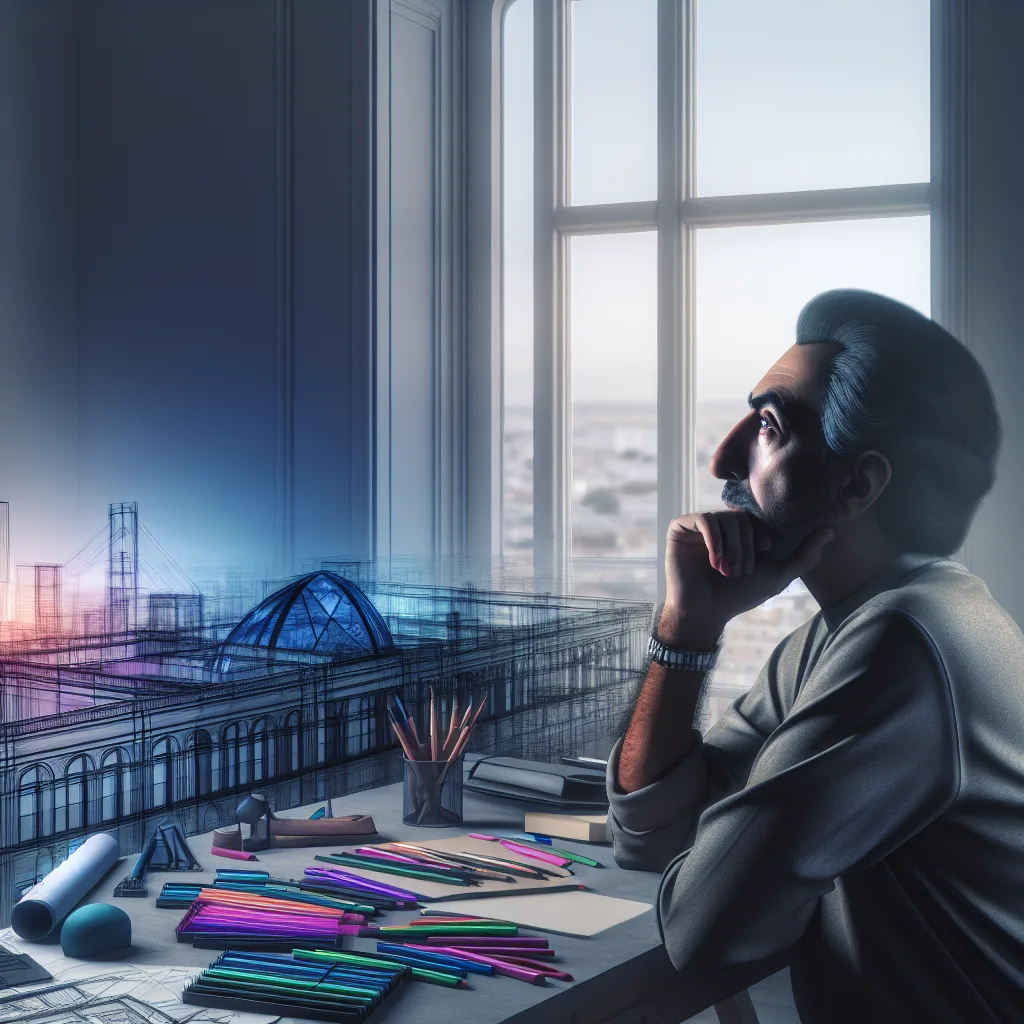Facing the future of creative work with AI on the rise
If you’ve worked in a creative job for a long time, you’ve probably seen how technology reshapes the way we work. I’ve been there too, spending decades hopping between creative roles across industries, always adapting to new tools and trends. But lately, there’s been a feeling that this isn’t just another tech shift—this might be the start of a new chapter where AI replaces many creative jobs entirely. I call it the reality of creative job loss.
Why creative job loss feels different with AI
In the past, new software meant learning tricks, not losing your role. But AI isn’t just a tool to help you work faster. It’s starting to do the work itself. From writing and graphic design to music and video production, AI can generate content that once took hours or days of a person’s effort. This shift feels more permanent. And for those of us who have been in creative fields for a long time, it’s hard not to worry this might really be the last job we have.
Seeing the signs in the industry
It’s not just a personal fear. Many colleagues I know in creative roles have already been laid off, and the really tough part is that finding similar work again has been nearly impossible. Companies aren’t hiring the way they used to for these kinds of positions. Instead, they lean more on AI or smaller teams that manage AI-enhanced workflows. This isn’t just a phase—it’s a clear trend that creative job loss is impacting people now.
Navigating the uncertain future
So, what can someone in their late 40s or 50s do when faced with this reality? For me, knowing this might be the last creative job I’ll ever have means thinking about retirement and alternative options earlier than expected. But it also means learning about AI tools. Understanding how AI works doesn’t mean you have to be replaced by it. It could mean finding ways to work alongside it or pivoting to roles where human creativity still has the upper hand.
There’s also comfort in connecting with others dealing with the same worries. Talking about creative job loss openly helps us realize we’re not alone and might find unexpected paths forward.
What about the future of creativity?
AI is here, and it’s shaping creative jobs like never before. But creativity isn’t just about pumping out content—it’s about emotion, storytelling, and connection. Those human elements are harder for AI to truly replace. That said, the landscape is changing fast, and staying adaptable has never been more important.
If you want to keep an eye on how AI affects creative jobs, places like the McKinsey Global Institute offer detailed research reports. For a hands-on approach, exploring AI tools like OpenAI’s GPT can give insight into current capabilities. And for broader industry trends, websites like TechCrunch provide up-to-date news and analysis.
In the end, facing creative job loss means being honest about the changes happening in our work lives. It’s tough, but by learning, connecting, and adapting, we can find ways to still bring value and keep our creativity alive—even if the canvas looks different than before.
